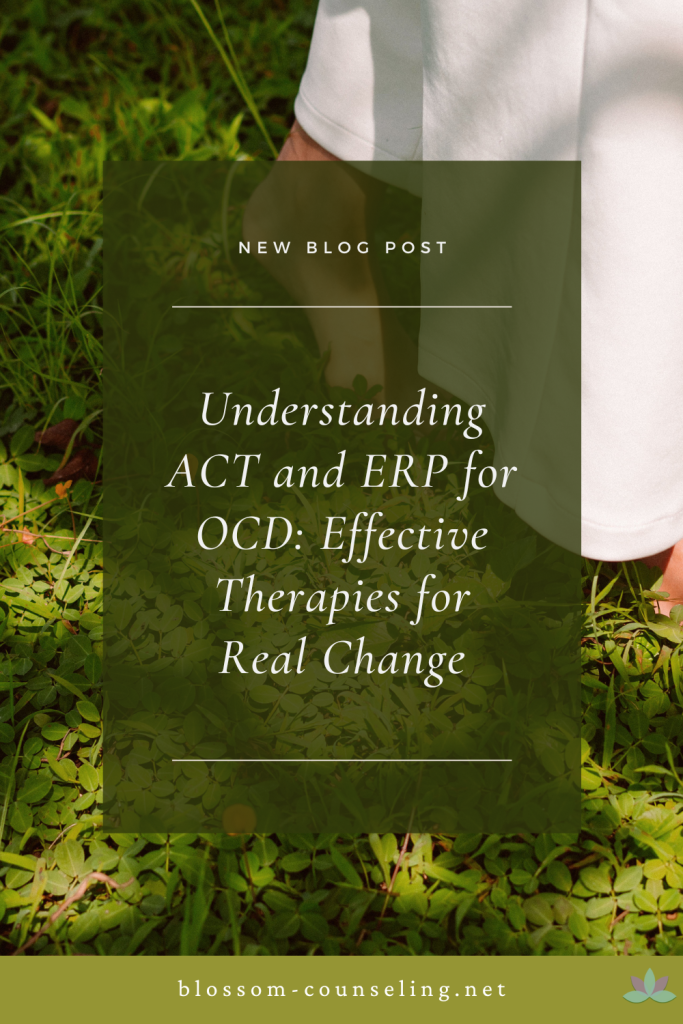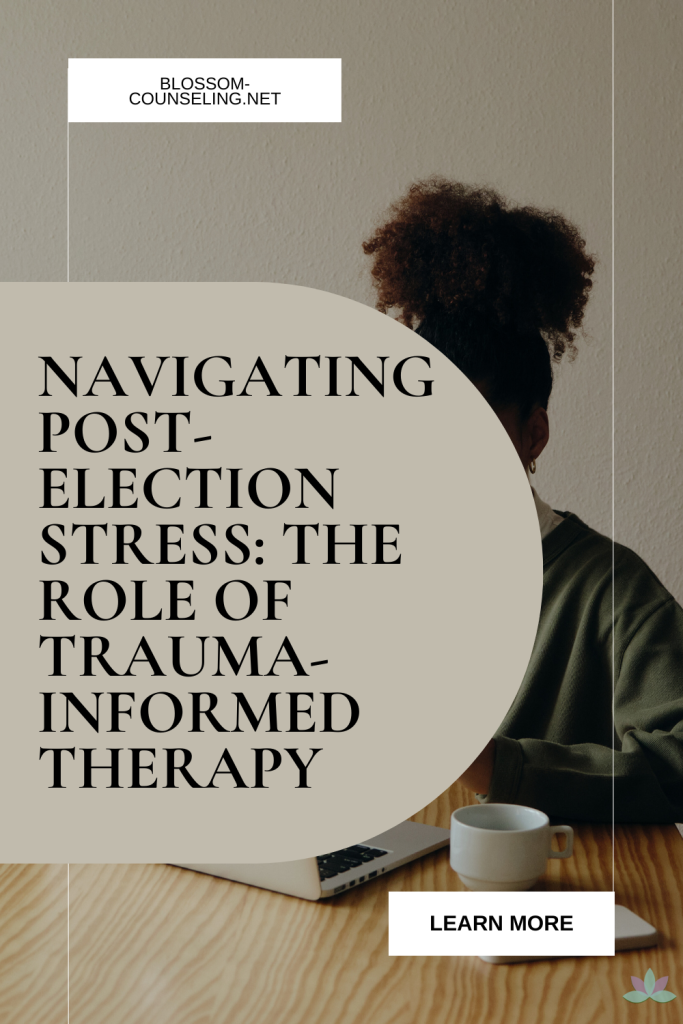Gaslighting isn’t just a trendy buzzword—it’s a subtle but powerful form of emotional manipulation that can leave deep psychological scars. Often, people who experience gaslighting don’t realize it’s happening until the effects are already woven into their mental and emotional well-being. It’s like living in a funhouse of distorted mirrors where your sense of reality is questioned at every turn.
Gaslighting occurs when someone makes you doubt your perceptions, memories, or feelings to the point where you start to second-guess your own judgment. Over time, this insidious behavior can lead to lasting side effects that affect every aspect of your life. Here’s what gaslighting can do to your mental health and how it manifests in ways you might not expect.
1. Erosion of Self-Confidence
Imagine constantly being told that what you saw, felt, or experienced wasn’t real. Over time, you begin to wonder if you’re imagining things or if your perspective is inherently flawed. This can chip away at your self-esteem, leaving you feeling inadequate and unsure about decisions you once made with ease.
Gaslighting thrives on planting seeds of self-doubt, and when those seeds take root, they grow into a pervasive insecurity that can make even basic daily choices feel overwhelming.
2. Increased Anxiety
When your reality is under constant scrutiny, it creates a lingering sense of unease. Gaslighting can trigger chronic anxiety, making you feel like you’re walking on eggshells around the person gaslighting you—or even in your broader relationships. You may start questioning everyone’s motives, struggling to trust, or replaying conversations in your head, looking for clues that you might be “wrong” again.
This heightened state of vigilance can spill into other areas of life, from work to friendships, making it hard to relax or feel truly safe.
3. A Foggy Sense of Reality
A hallmark of gaslighting is the confusion it creates. You may feel like you’re in a constant mental fog, unsure of what’s real and what’s not. This phenomenon, sometimes called “cognitive dissonance,” happens because your brain is trying to reconcile the mismatch between your experiences and the distorted version of events presented by the gaslighter.
This confusion can be exhausting and even paralyzing, making it difficult to process emotions, solve problems, or trust your instincts.
4. Isolation
Gaslighting often comes with a side of isolation. The manipulator may convince you that others won’t understand you, or worse, that they’re against you. Alternatively, you might isolate yourself because you’re embarrassed or feel like you’re “too much” for others to handle.
The longer this goes on, the lonelier and more disconnected you might feel, which only makes the gaslighting easier to sustain.
5. Symptoms of Depression
When your confidence is eroded, anxiety is heightened, and your reality feels shaky, depression often follows. You might feel hopeless, worthless, or overly critical of yourself. The loss of control over your life and the persistent second-guessing can make it hard to find joy or motivation.
6. Difficulty Trusting Yourself and Others
Even after the gaslighting ends, its effects can linger. You may find it hard to trust your own perceptions, leaving you dependent on external validation to confirm what’s real. This mistrust can extend to others as well, complicating future relationships and making vulnerability feel risky.
Why These Effects Matter
Gaslighting isn’t “just words” or “mind games”—it’s a form of emotional abuse that can leave a lasting imprint. If you’ve experienced gaslighting, know that it’s not a reflection of your worth or strength. The side effects you’re feeling are not weaknesses; they’re natural responses to prolonged emotional manipulation.
Rebuilding from gaslighting takes time, self-compassion, and sometimes, professional support. It’s a journey, but it’s one you don’t have to take alone. Recognizing these side effects is the first step toward reclaiming your confidence and mental clarity.
Our team of compassionate therapists is here to help you find the support you need. We believe in a holistic approach, treating your mind, body, and spirit. With a blend of traditional and alternative therapies, we tailor your experience to meet your unique needs. At Blossom, we create a non-judgmental space where you can be your authentic self. Our goal is to empower you, amplify your strengths, and help you create lasting change. Together, we’ll navigate life’s challenges and help you bloom, grow, blossom! You deserve to become the best version of you.




